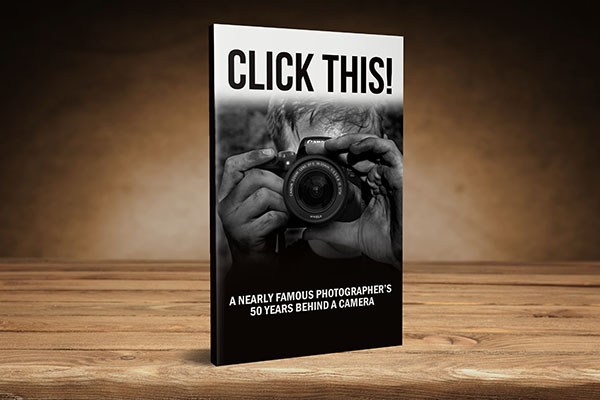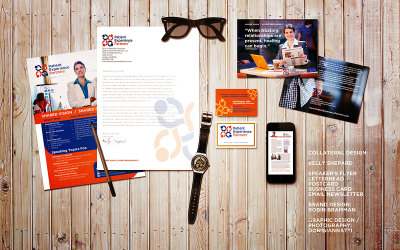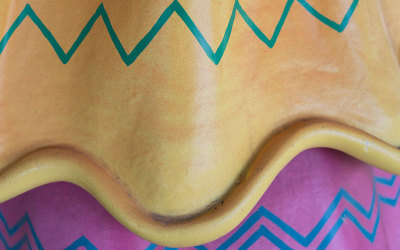Published in 2008, Malcolm Gladwell’s book, “Outliers” became somewhat of a phenomenon. His pursuit of what made high achievers high achievers was meticulous and accessible.
One of the features of that book, the idea that it took 10,000 hours of practice to be world-class became terribly misconstrued as the media and public began to throw around that number as if it were sacrosanct and unyielding.
Gladwell hadn’t meant it that way, and the person he got that number from was Anders Erikkson, and he debunked the absoluteness of that number by adding a very important parameter.
That was 10,000 hours of meticulous and directed practice. You can read more here.
Essentially Erikkson says that good teaching, evaluative critiques, and a strong sense of where the student was going was also very important.
Practice is important, and it’s surprising how much it takes to master something complicated. But Ericsson’s research suggests that someone could practice for thousands of hours and still not be a master performer. They could be outplayed by someone who practiced less but had a teacher who showed them just what to focus on at a key moment in their practice regimen”
— Ed Surge
I have always had doubts about the absolute “practice 10,000 hours and you will be awesome’ bullshit. Practice playing the cello wrong and you will probably be OK, but you will never be excellent without having a teacher or mentor showing you where you need to be and pushing you to that point.
However, the media has such a strong influence that many people still buy into the myth even though it has been debunked several times. Here, and here for instance.
Always be careful of what you read and especially when grandiose statements are made that sound a bit – well – made up.
All that aside, there is some strength to the idea that you have to practice a good deal to get better at anything you want to do.
Cello: Practice more, suck less.
Marathon: Run more, suck less.
Photography: Shoot more, suck less.
Across the board, it takes commitment strength, and perseverance to get from 0 to 90.
But let’s take those numbers as something we can measure. Just for argument’s sake.
10,000 hours.
Ten.
Thousand.
That’s a lot.
So you tell your friend you are going to be a photographer. And they have either read Gladwell’s book (which is quite good but for a few errors in understanding like this one), or heard someone else prattling on about it.
“You’re too old”, they say, “you need to put in 10,000 hours before you can go pro”.
And they mean well but are – fortunately – totally wrong.
Wrong number one.
In no way does it take 10,000 hours to learn to photograph well. Let’s just move on from that absurdity. Many photographers began big careers without spending 5 years, 40 hours per day, five days a week shooting.
Wrong number two.
They are discussing photography as if it were simply taking photographs. It is far more than that. Are they saying that you have to have 10,000 hours in all you are going to be doing as a professional photographer?
Wrong number three – the important one.
You have thousands of hours into becoming a professional photographer if you have done any sort of work, or been conscious at all for the last 10 years.
James Altucher, in his excellent book, Skip The Line, refers to stealing hours – that is the bringing forward of knowledge already learned to add to the ‘hours needed’ to become good at what you are wanting to do.
A photography business is making photographs, sure. But it is also;
- Understanding budgets
- Maintaining relationships
- Knowing and understanding scheduling
- Banks… you know, banks!
- Interpersonal relationships
- Running a business, a department, or being a member of one.
- Work ethic (good or bad, you have one)
Perhaps you also know;
- Goal setting
- Meditation
- How to write a business letter
- Correct Email etiquette
- Time management
- How ToDo lists work
- Where to find a contact with something you need
And a bunch more.
So when you say you are going to go into the photography business, look at what you already know and have under your belt. The photo part takes time, commitment, and focused energy, but it is not nearly as rough as learning all the other stuff you have over the last 10-20 years.
The demographic that I enjoy working with is a bit older, or even middle age. it is remarkable to me how many people who have started second careers with Project 52 are working in the industry.
I like this demographic because they already KNOW so much of what they need to know to be a successful entrepreneur and business person. It is in their system, and they can focus on the photography like a laser beam.
Project 52 Pro System is meant to be an hours thief as well.
It will steal the hours and hours of screwing it up, not knowing what to do, where to go, and how to light/compose/create the image the client wants.
(One of our photographers was recently tagged to shoot clear document sleeves on a white background. I’ll just let you think about that for a while.)
Project 52 and its widely varying set of assignments strives to introduce the photographer to many different challenges and client demands so that all that wasted time that would have ensued doesn’t. Instead of panicking when something difficult comes in, you draw from your P52 experience and know what to ask, how to plan it, and how to execute.
After P52 you have done it before. It’s not new.
P52 steals the difficult hours wasted and builds them into the knowledge you need to shoot commercially.
I( know many people just love to shoot fashion, glamour, and celebrity photography. Those take a different set of skills – most of them not photographic – and I would only suggest assisting.)
I love teaching but I love watching people become successful even more.
So here’s the thing. If you are thinking about becoming a pro photographer, or a great HMU artist, or maybe a kick-ass Photoshop retoucher don’t focus on what you BELIEVE you do not have. Instead, focus on what you do have. The knowledge that you can bring with you – those stolen hours – will build your confidence and give you a bit of an edge if you play them right.
A Fresh Face for J Morgan Images
We made a few simple tweaks to J Morgan Images, a consumer photography website by photographer Jessica Edler. You can see what we did and keep these few ideas in mind. Get your clients and visitors STRAIGHT to the imagery. Do not use 'cover pages' or 'entry pages' as...
A very powerful EMail Campaign by Photographer John McAllister
John McAllister is a photographer in High Wycombe, UK. I worked with him on this email campaign for restaurants. John designed it himself and I collaborated on the copy. In this campaign we focus on the benefits to the customer, not the assets of the photographer. It...
Initial Collateral Design for Professional Speaker
My partner Robin and I have just completed a gig for Health Care Specialist Kelli Shepard. Robin is a Branding Expert (www.robinbramman.com) and she put together a brilliant brand strategy for Kelli. I am doing the photography and graphic design. Web design may be...
On the Power of Imagery
Fashion Photographer Nick Knight on the power of the photograph, and its global reach; "Having a phone and an Instagram account means that I can create images on my own. When I first started using it a couple of years ago, it reminded me of the 70s, when I first...
Six Reasons Why You Should Hire a PROFESSIONAL Photographer
Most people will go through life without ever having to hire a professional photographer. Unless we are talking about wedding photographers, or portrait photographers who photograph our kids for school, most folks just never have a need for a commercial photographer....
15 Free “Urban Color” Images for Bloggers/Designers
Free for personal or commercial use, these urban color closeups can be used for backgrounds, textures or simply bits of color. See the whole group of them here. You can also download the entire set as a zip file in the page. Enjoy.






